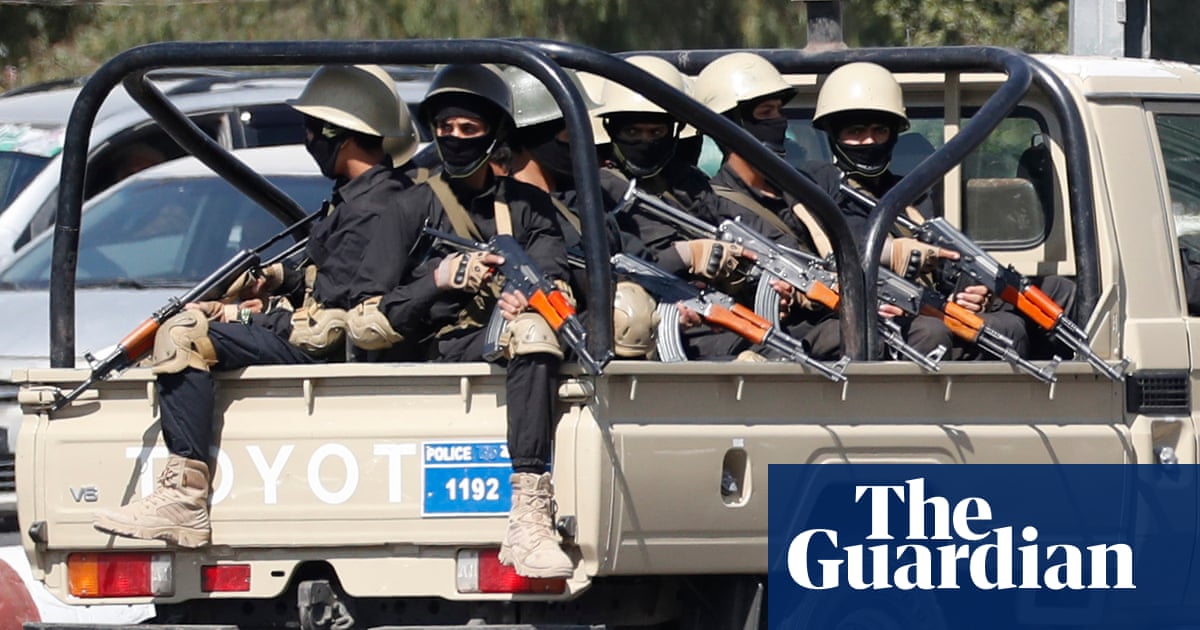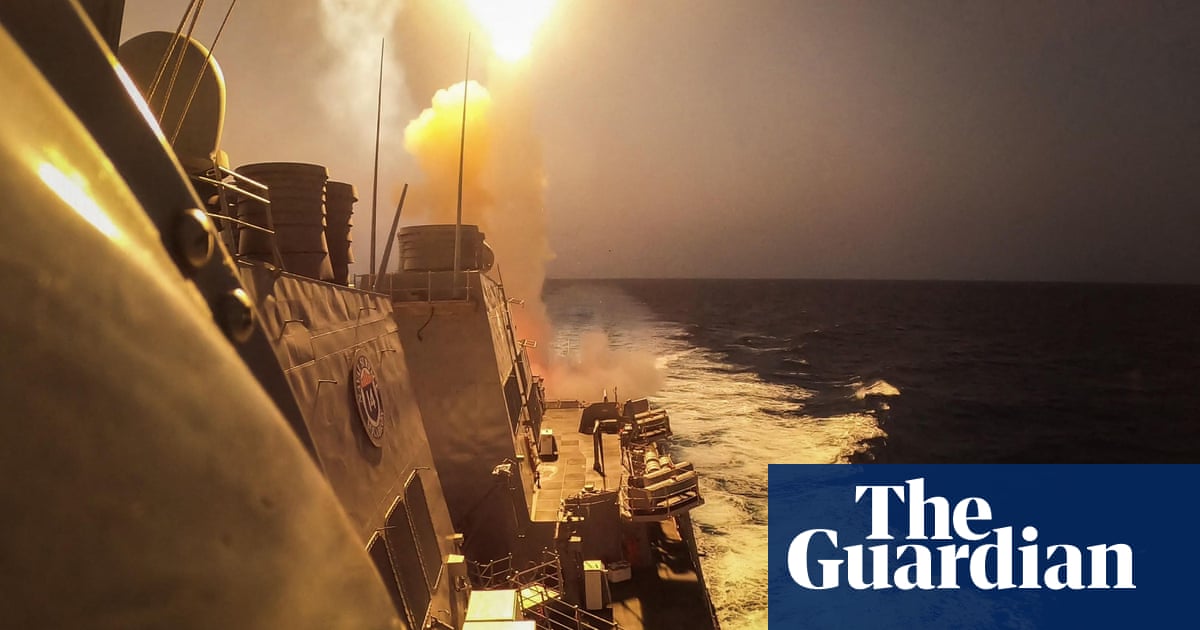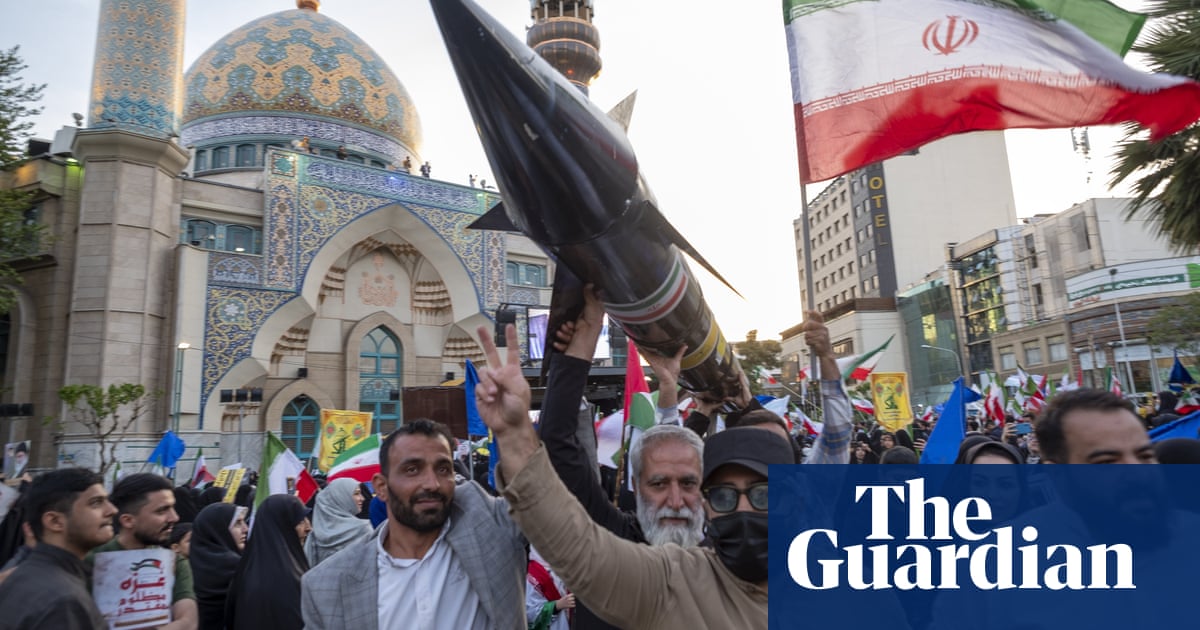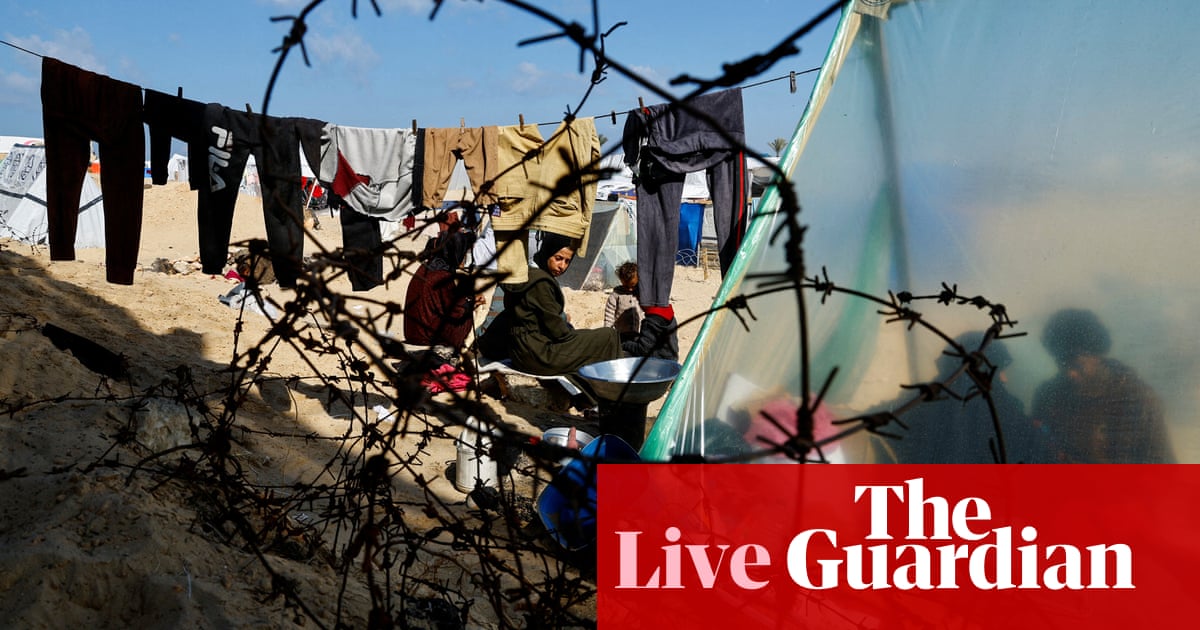
Israeli Prime Minister Benjamin Netanyahu said on Monday that Iran’s meddling in the Middle East could lead to a new massive wave of refugees headed to Europe.
He made his remarks after meeting Chancellor Angela Merkel in Germany, the first stop in his tour of Europe that will take him to France and Britain.
Netanyahu charged that Tehran has been able to bankroll a growing military presence in countries such as Syria and Yemen because sanctions had been lifted in exchange for its halt in nuclear enrichment activities.
The Israeli PM was in Europe in a bid to rally support from key allies for amending the 2015 Iran nuclear deal and for pushing Iranian forces out of neighboring Syria.
Iran wants to "basically conduct a religious campaign in largely Sunni Syria but try to convert Sunnis," Netanyahu said at a joint press conference with Merkel.
"This will inflame another religious war -- this time a religious war inside Syria and the consequences will be many, many more refugees and you know where exactly they will come," he said.
More than one million asylum seekers, with Syrians making up the biggest group, arrived in Germany since 2015, creating deep new political divisions in the country and shrinking Merkels ruling majority in her fourth term.
Germany, France and Britain are three of the signatories of the 2015 Joint Comprehensive Plan of Action (JCPOA) between world powers and Iran, aimed at keeping Tehran from acquiring nuclear weapons.
Netanyahu, who has long railed against the deal, will continue on to Paris for meetings with French President Emmanuel Macron on Tuesday and British Prime Minister Theresa May on Wednesday.
All three countries have vowed to try to salvage the hard-fought accord since President Donald Trump announced the US withdrawal from it last month.
The European powers argue it is the best way to head off a regional arms race and have vowed with Russia and China, the two other signatory countries, to keep it alive.
Merkel said she agreed that Iran’s activities in the Middle East were a concern, particularly for Israel’s security.
“We support Israel’s right to security and have said this to Iran at all times,” she said. “We have the same goal that Iran must never get a nuclear weapon and the difference between us is how to do that.”
Merkel insisted that the Europeans and Israel were "united by the goal that Iran must never get a nuclear weapon" but acknowledged deep differences with Netanyahu on "how we can best achieve this".
She defended the nuclear accord as ensuring "at least for a certain time, that Irans activities are under control" noting that Tehran had been "on the brink of having a nuclear weapon" before the deal was signed.
But she acknowledged that a supplementary deal with Tehran covering its ballistic missile program as well as its interventions in countries such as Lebanon, Syria, Iraq and Yemen was needed.
"But we believe that this can be achieved with tough negotiations," she said.











